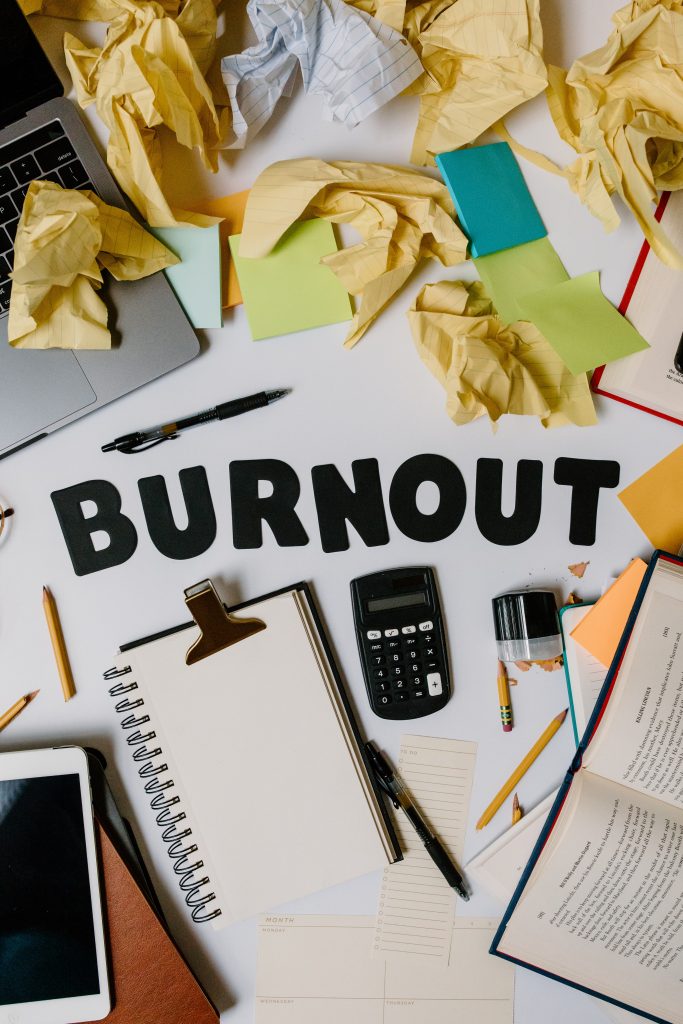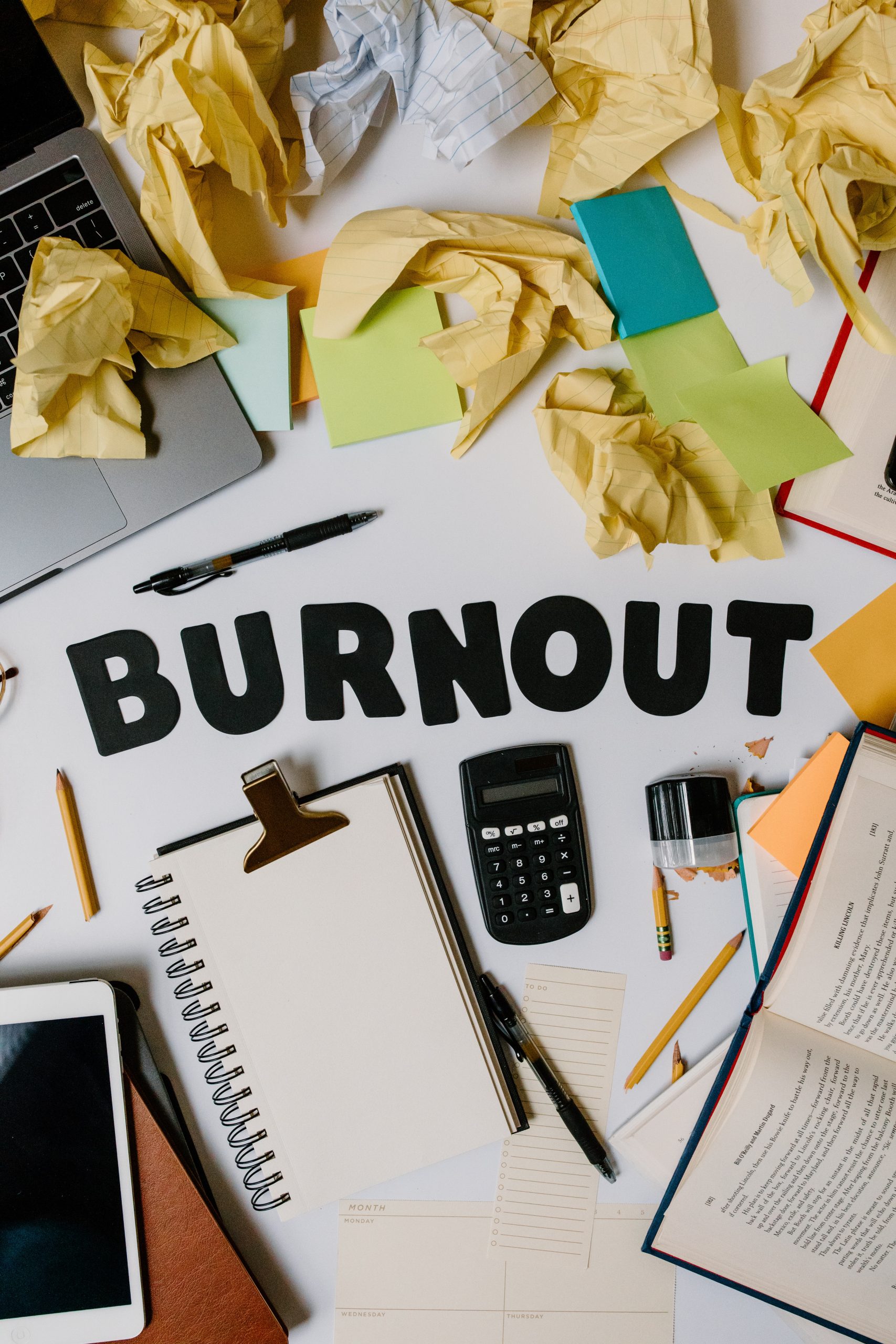Earlier in my career, I was a regional dean for Indiana Wesleyan University. During a significant portion of that assignment, I was responsible for the Cleveland Education Center (Ohio) as well as the Louisville Education Center (Kentucky). For those not familiar with that part of the country, that’s about a four-hour drive between the two. During that time period, I would switch back and forth between being onsite at each location: one week in Cleveland, one week in Louisville.
During the weeks that I was home, my wife also worked for the oilfield testing company that she now leads. . .in Tulsa, OK. That was a bit more than a four-hour drive. That was two plane rides away. . .often going through Chicago and getting stuck overnight in the airport in Chicago. When she was in Tulsa, her work week was usually 3 am until 10 pm each day. . .and then she would do data analysis and report writing on the weekends.

During this time, we had two young girls and a baby boy.
Did I mention that in addition to my duties for IWU and dad duties, I also taught every first course of every associate’s program for IWU and several other courses as needed onsite and carried about a 2.5 times load teaching online for Capella University, Walden University, Northcentral University, and University of Phoenix?
In order to keep up this habit, I would work my “day job” from 8 am until 5 pm. Then I would come home, have dinner and teach and grade online courses until 1 or 2 in the morning. Then get up and start it all over again.
In keeping this schedule, I found that I hit burnout about once per quarter. So, I began to plan for this. Instead of hitting full on crash-and-burn-hard burnout, I recognized that I had a tough schedule along with a wife that had a tough schedule. As a result, my wife and I planned things to help us recover from burnout. From my part, I planned to go out with the guys on a semi-regular basis. As a family, we planned downtime, putting it on the calendar, and made a big deal about really unplugging and not working. Sundays really were a day of rest. . .we religiously took a nap after church and Sunday lunch. We had special meal nights with the kids with themes. Additionally, I played basketball three days a week and I ran. We were heavily involved in church as well and that family cared well for us too.
Now that I am out of that role and retired from teaching, my schedule is not nearly that hectic (nor is my wife’s). We live in Tulsa where my wife leads the lab. I no longer have the hours grading as I rarely teach any longer. I no longer travel back and forth between Cleveland and Louisville. I work for myself and control the schedule that I keep. Life is nowhere nearly as hectic as it was in those Cleveland days.
Yet, I came to the realization, with some level of surprise this week, that I was seeing the signs of burnout. You would think that I would have this figured out and wouldn’t let myself get to this spot. However, the telltale signs were in place: tired, a general malaise towards some projects, lacking focus and drive, lacking desire to workout, even a dullness in my relationship with God. I was still reading the Bible faithfully but it felt distant.
Psychology Today had an article that referenced burnout as “a state of chronic stress that leads to:
- physical and emotional exhaustion
- cynicism and detachment
- feelings of ineffectiveness and lack of accomplishment” (Carter, 2013, para. 2).

Carter goes on to list some of the very things that I was experiencing and should have recognized.
In her opening paragraph, though, she hits on a key point, the passion of the leader, that is at stake when a leader experiences burnout. When a leader lets burnout overtake him/her, passion is drained off. . .and that’s a bad thing. The passion a leader has is a mixture of skill, calling, and preparation meeting the opportunity ordained of God. That zeal for the work not only affects the leader but it affects the followers influenced by the leader.
As a leader, you must carefully protect that passion. Watch for the signs that you are nearing burnout. Look for ways to assure that you do not let it overtake you. Don’t let the pressures of the work drain your passion. Come up with strategies that help you recalibrate and get you back to your passion and focused on the work God has for you.
In my case, I have started down that path to recalibrating:
- I went out with a college buddy for the evening for dinner and a movie.
- I bought a book to read for pleasure and decided to read through Chronicles of Narnia again.
- I’m working on several trips for the year.
- I passed along several responsibilities to my team that I didn’t need to do so I could focus on things only I could do.
Reference
Carter, S.B. (November 26, 2013). The tell tale signs of burnout…Do you have them? Psychology Today website. Retrieved April 2, 2019 from https://www.psychologytoday.com/us/blog/high-octane-women/201311/the-tell-tale-signs-burnout-do-you-have-them


Comments are closed